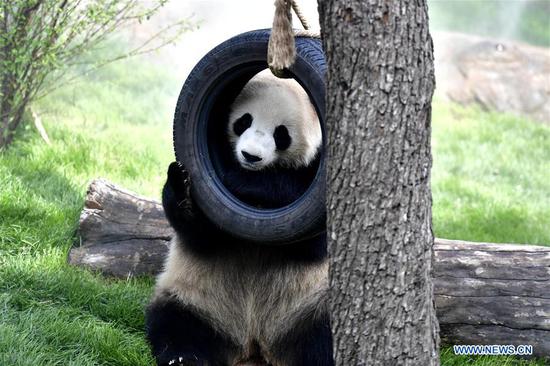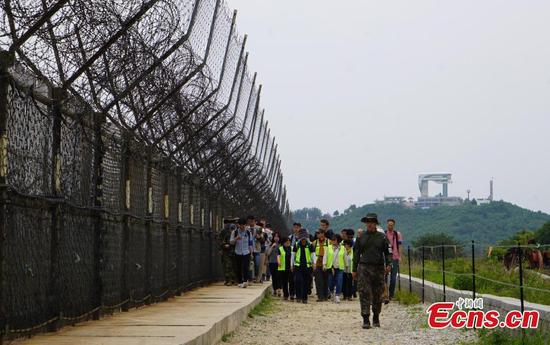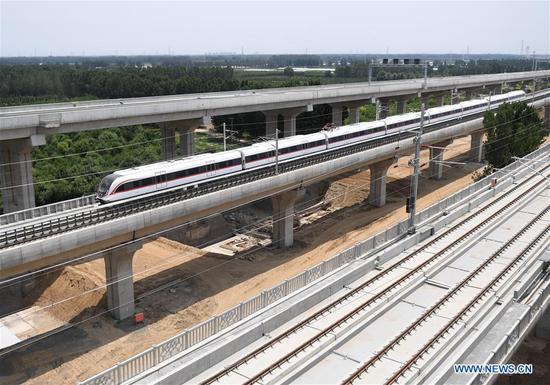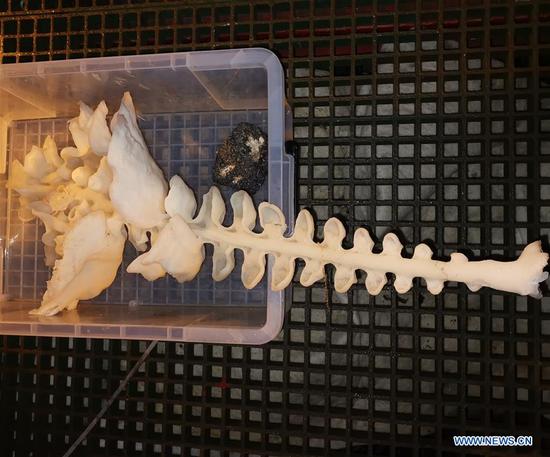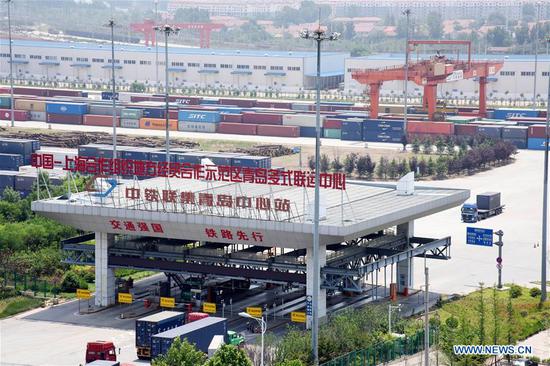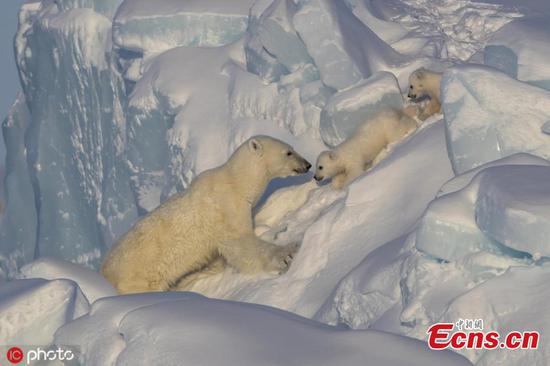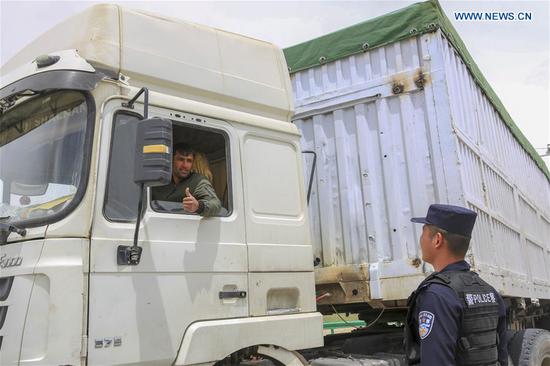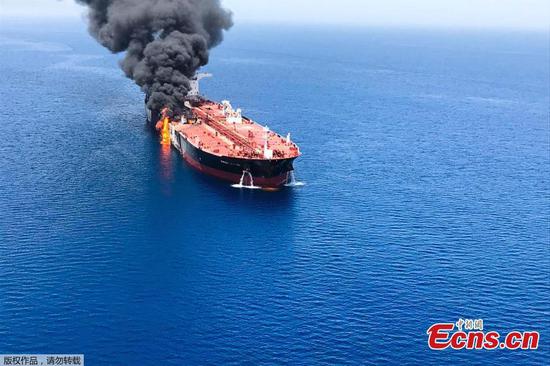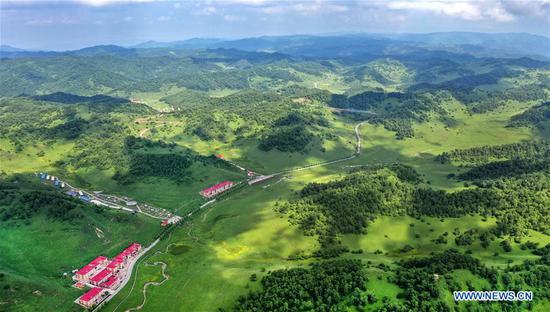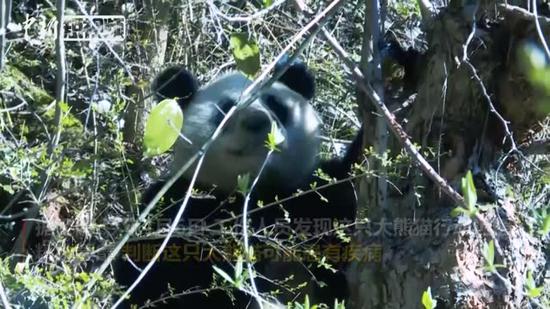China will receive the first batch of whole frozen durian from Malaysia after the country's authorities cleared the fruit for export, Malaysian Agriculture and Agro-based Minister Salahuddin Ayub said on Monday.
Speaking at the flag-off ceremony at his ministry here, Salahuddin explained the successful venture would greatly boost the amount of Malaysian durian shipped to China, as previously only paste and products could be sent to the country, with 238 tons being sent in 2018.
"With the export of whole frozen durian today, a new phenomenon will begin in China. The ministry estimates that at least 1,000 tons, mainly of the premium varieties, will be available in the Chinese market. The value of exports is estimated to be 500 million ringgit (119 million U.S. dollars)," he said.
Salahuddin reassured Chinese importers that there was an abundant supply of the fruit as the government had embarked on large scale commercial growing of durians, with production going from 211,000 tons in 2017 to 341,000 tons in 2018.
He also urged Malaysian farmers and businesses to maintain high standards in the fruits being shipped over to ensure sustainable trade, to enable the fruit to become a primary Malaysian export and also to take advantage of promoting the fruit for agro-tourism.
Also present was Chinese Ambassador to Malaysia Bai Tian who described Malaysian durian as being one of the best varieties of the fruit and said the huge consumer market in China was eagerly waiting for the shipment.
"In China there is 1.4 billion people and it is also said, there are 300 to 400 million mid-income customers... I believe very soon they will have the joy to taste the best of the durian in the world, so I wish the trade for durian between China and Malaysia will flourish and I believe more Malaysian durian farmers will benefit from this durian trade and I am also very much a supporter of the durian tourism plan to be mapped out in the near future," he said.
The first batch of four tons of durian would be sent via air cargo, with following batches being shipped to China via sea freight, in temperature controlled containers maintained at minus 18 degrees centigrade.












